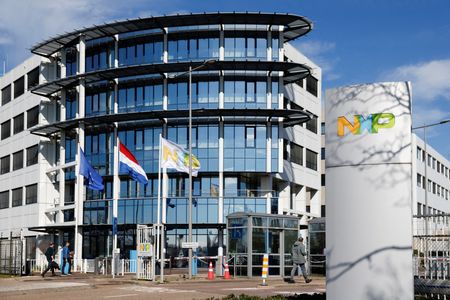By M. Sriram
MUMBAI (Reuters) – Indian grocery startup Zepto said on Tuesday it has raised $200 million in fresh funding that values the company around $900 million, signalling growing investor interest in a sector where companies are luring customers with quick 10-minute deliveries.
Zepto was started last year by two 19-year-old Stanford dropouts. Its latest funding round was led by an existing investor Y Combinator, a prominent Silicon Valley fund.
It also saw participation from a new investor, U.S.-based healthcare giant Kaiser Permanente, and all of Zepto’s key existing investors including Nexus Venture Partners, the company said in a statement on Tuesday.
Zepto competes with SoftBank-backed Blinkit in India, both of which promise 10-minute deliveries for groceries. Other rivals including Dunzo, backed by Indian billionaire Mukesh Ambani’s Reliance, and SoftBank-backed Swiggy are all betting on fast deliveries in the so-called quick commerce sector.
Aadit Palicha, Zepto’s co-founder and CEO, told Reuters the company was offering services in 11 cities and plans to use the new funds to expand to as many as 24 new cities within the next quarter.
“The scale that took food delivery companies years to achieve has taken us months (with groceries). That’s the benchmark most people use and the market size for groceries is far bigger,” Palicha said in an intereview.
SHORT DISTANCES
The country’s tech startups are attracting huge interest from foreign investors keen to cash in on growing use of digital payments, internet and smartphones in the South Asian market.
Research firm RedSeer says India’s ‘quick commerce’ sector, worth $300 million last year, will swell 10-15 times to $5 billion by 2025. India’s overall grocery retailing industry is far bigger and worth an estimated $600 billion.
While the business is booming, Reuters reported in January quick delivery services in India had raised road safety concerns for delivery bikers as India has one of the world’s most accident-prone roads.
Drivers for Blinkit and Zepto have previously told Reuters they faced pressure to meet delivery deadlines, which often led to speeding, for fear of being rebuked by store managers.
Palicha defended Zepto’s practices, saying drivers travel only short distances of an average 1.8 kms (1.12 miles) to deliver orders and don’t rush.
“Quick commerce is about short distances, not going fast,” he said.
Sources with direct knowledge of the matter have told Reuters Zepto currently records monthly average revenue of $12 million, but spends about $8 million in marketing, promotion and other activities like free deliveries each month.
Palicha said “we burn less (cash) than our rivals”.
“This model is proven globally. In Turkey and Russia, companies have shown operating profits,” he added.
(Reporting by M. Sriram; Editing by Aditya Kalra and Emelia Sithole-Matarise)









